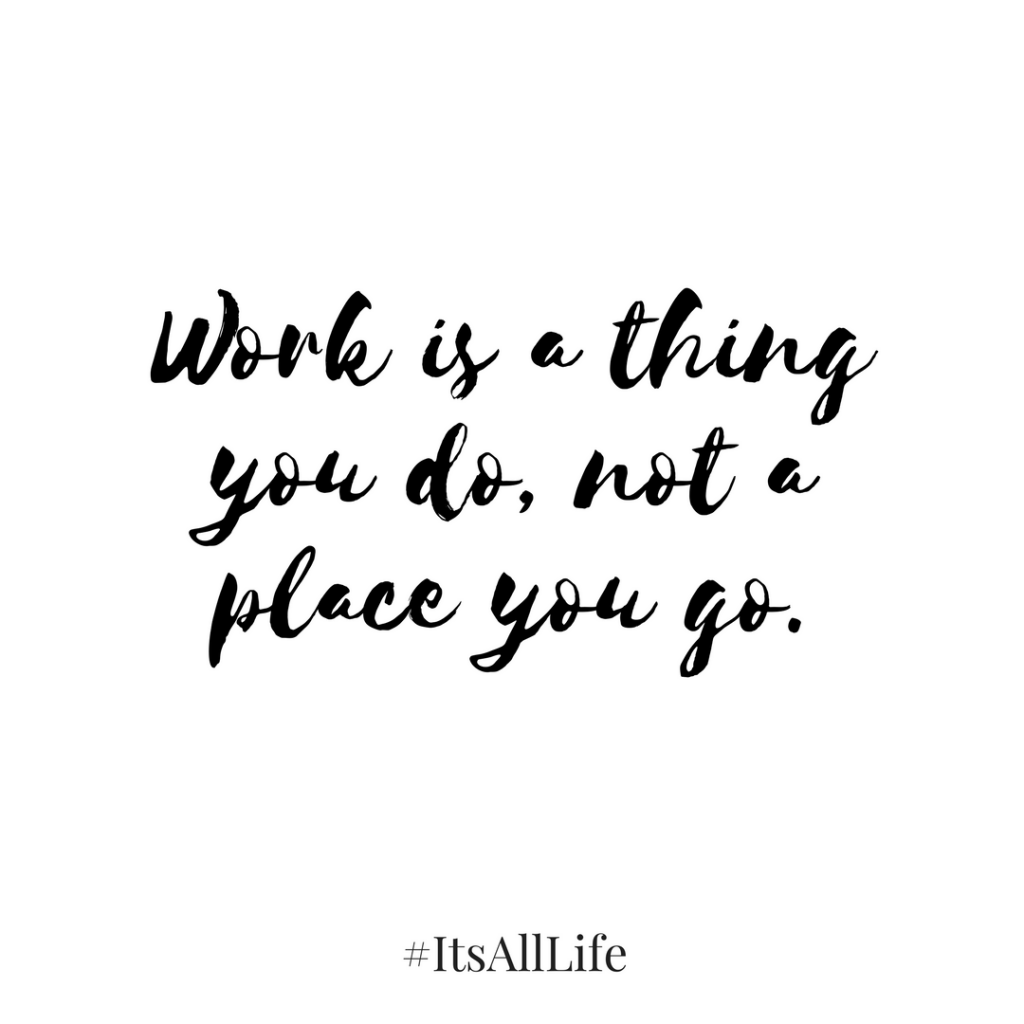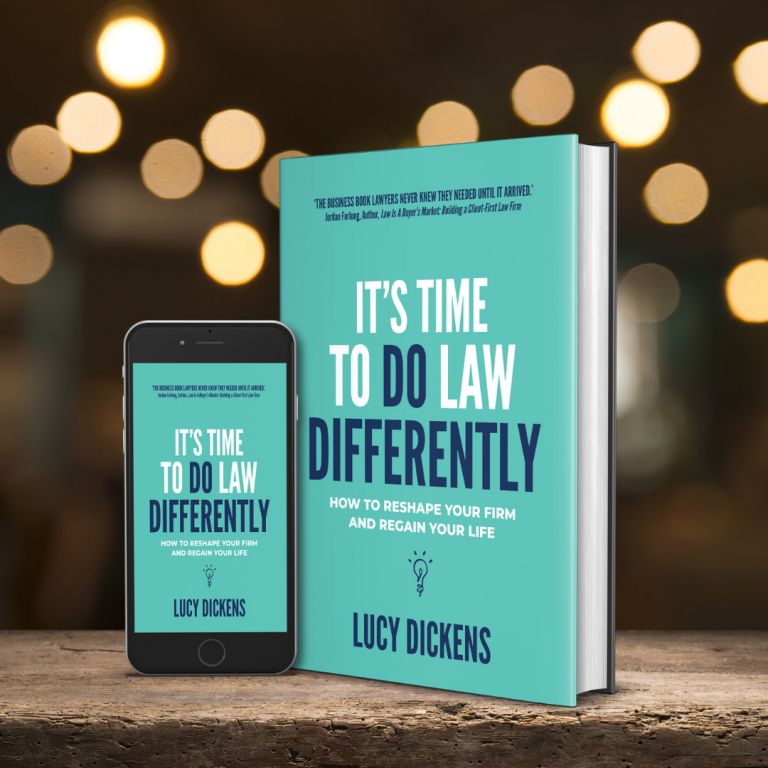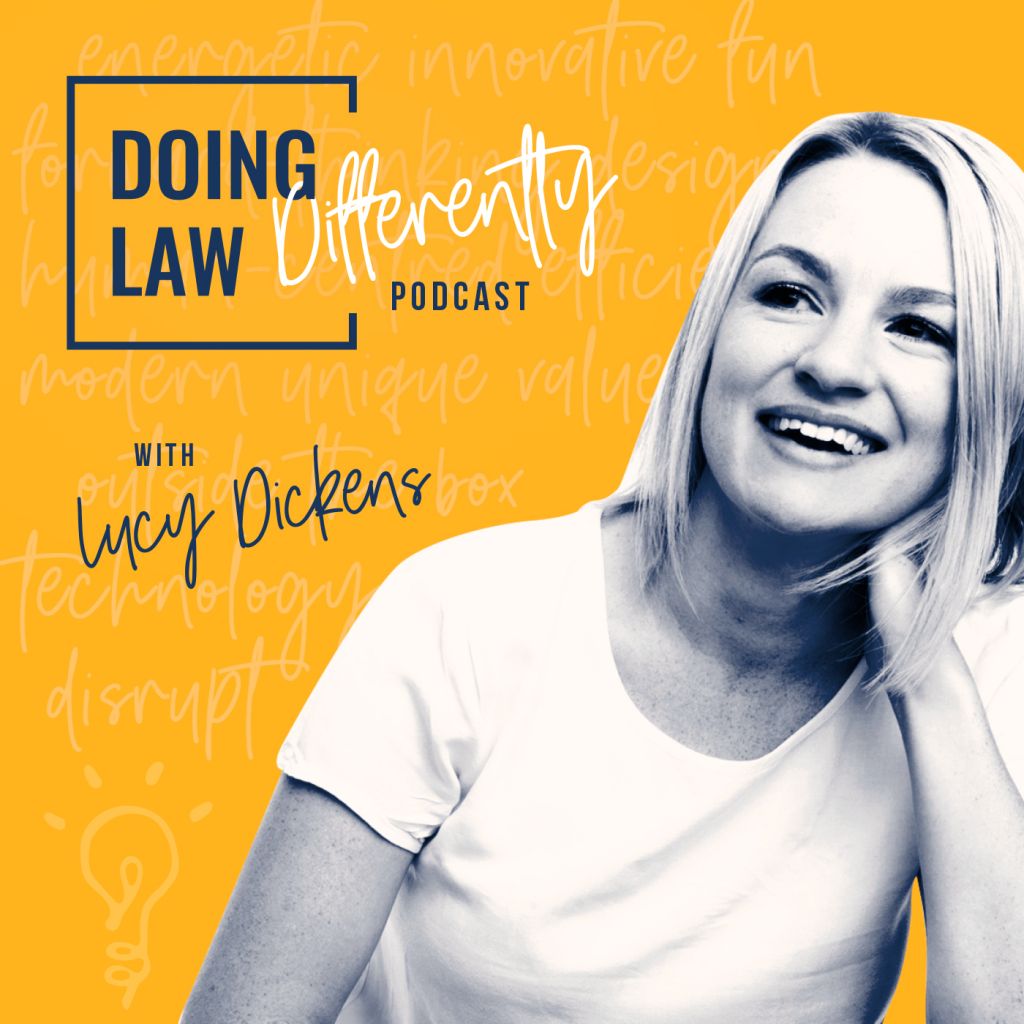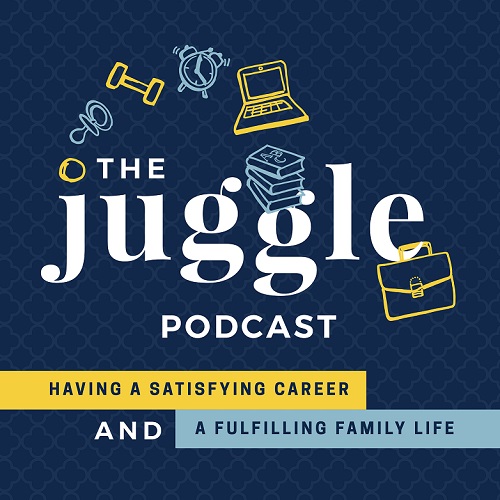What is flexible working?

Flexible working is about much more than starting late or finishing early. True flexible work is the ability to choose when, where and how we work.
Flexible work is not just for mums. It enables all workers to better manage all the parts of their life while at the same time improving productivity, commitment and loyalty to their employer. Flexible working is the future of work.
Types of flexible working
Flexible work works best when it is, well, flexible. Employers can’t just choose a few items on the flexible work checklist and say they offer flexibility. Likewise, flexibility cannot be enforced. Some employees want to work 9-5 at the office. The best flexible work policies are often not policies at all, rather flexibility is ingrained in the company’s culture.
Some examples of flexible working arrangements include:
- having different working hours from the company’s standard operating hours
- flexi time – employees can choose their start and finish times but must work during core hours
- working compressed weeks – longer hours over fewer days
- job sharing – two people share one job and split the hours
- remote working – e.g. working from home, the local cafe or the hairdressers
Requesting flexible working arrangements
In Australia, certain employees, including parents of children who are school aged or younger, have the right to request flexible working arrangements if they have worked with the same employer for 12 months. Employers are only entitled to reject such a claim on reasonable business grounds, for example if the requested arrangements are too costly, impractical or would have a negative impact on customer service or productivity.
Why is flexible work important?
Flexible working is just one of the tools we can use to better manage our work and other areas of our lives. Despite the very strong business case for flexible working (more on that later …), many employers still refuse to provide flexible working conditions.
I see flexible working as just one aspect of the broader topic of work life integration and believe that employers have a responsibility as leaders (and as humans!) to help their employees to manage their work so that they can more successfully manage other areas of their lives. This is a topic I am passionate about and I look forward to sharing more of my thoughts in the coming weeks.




